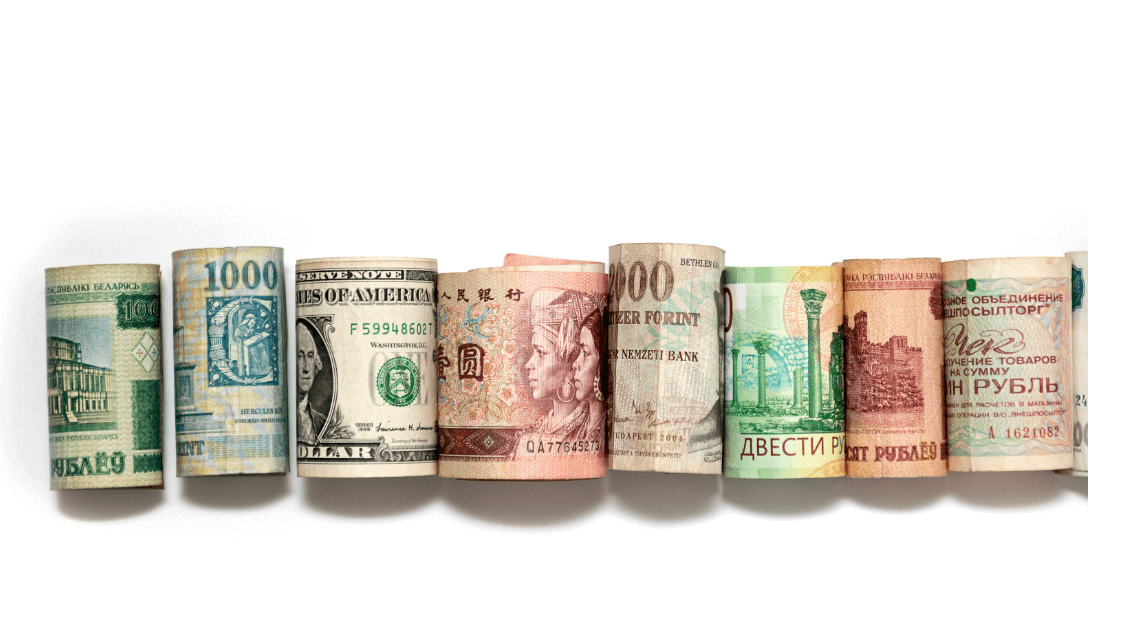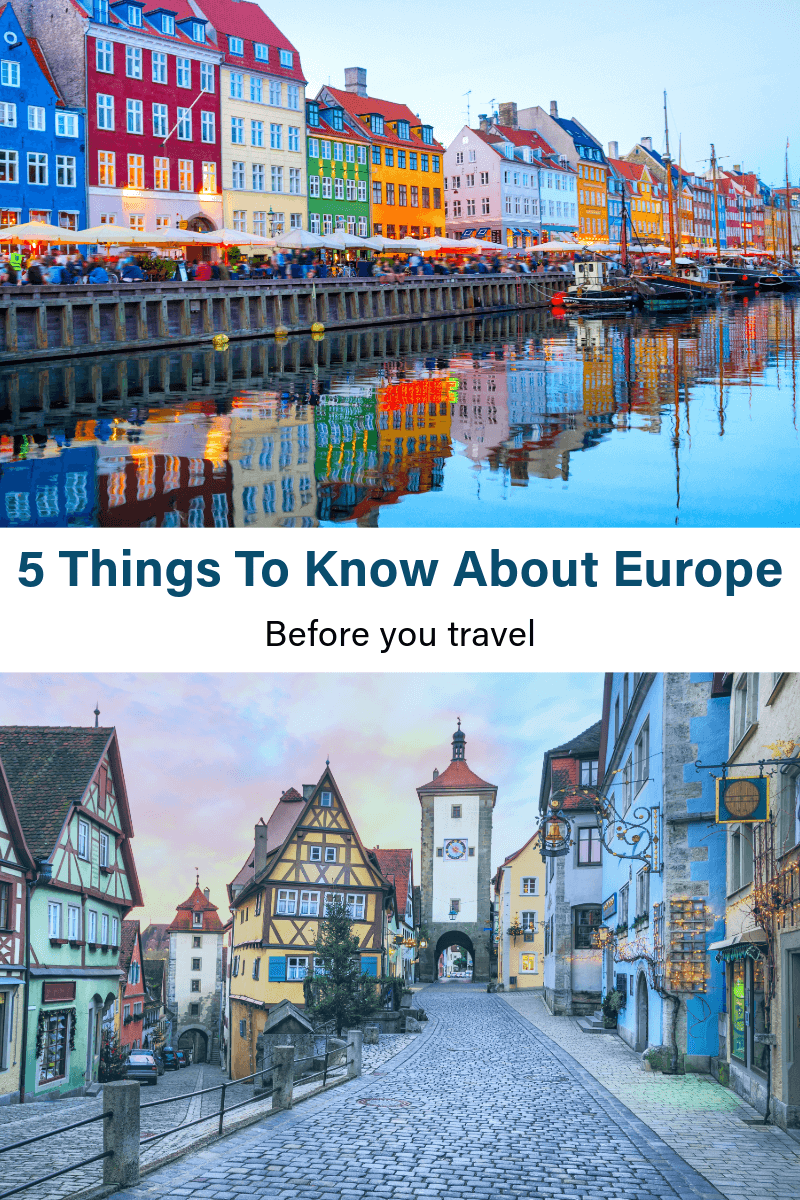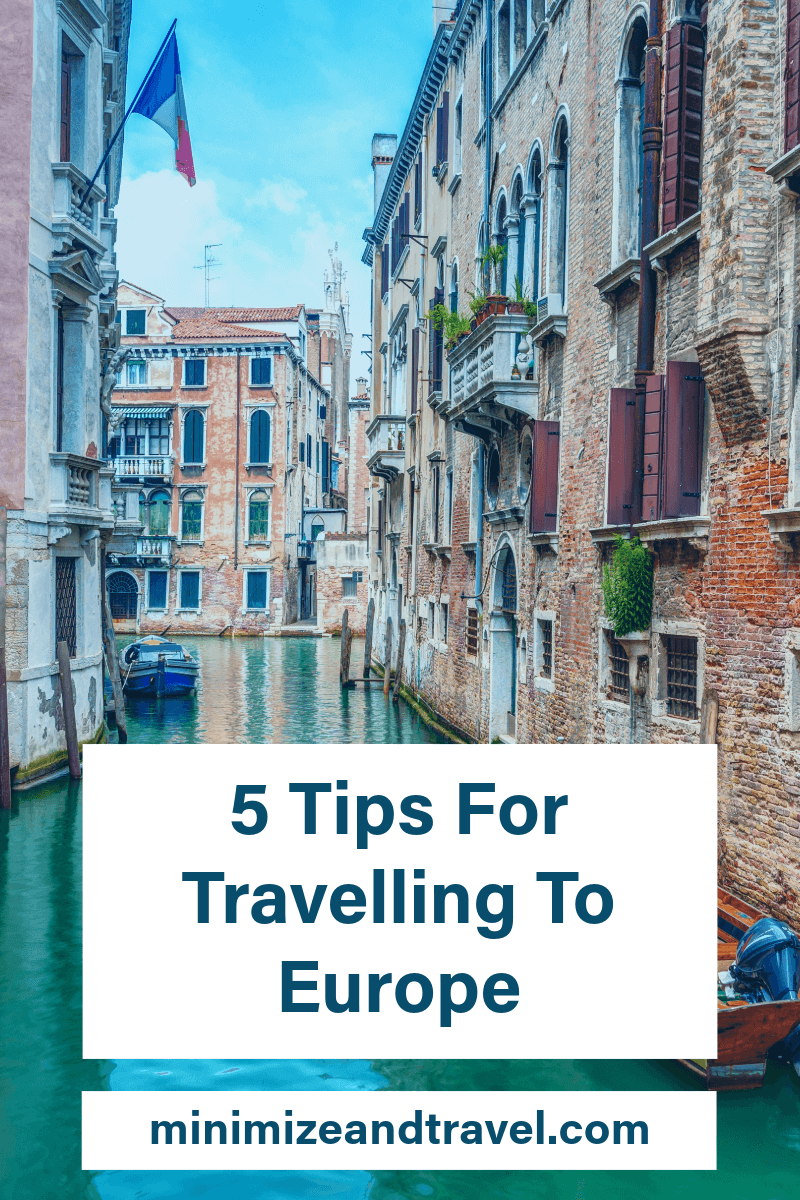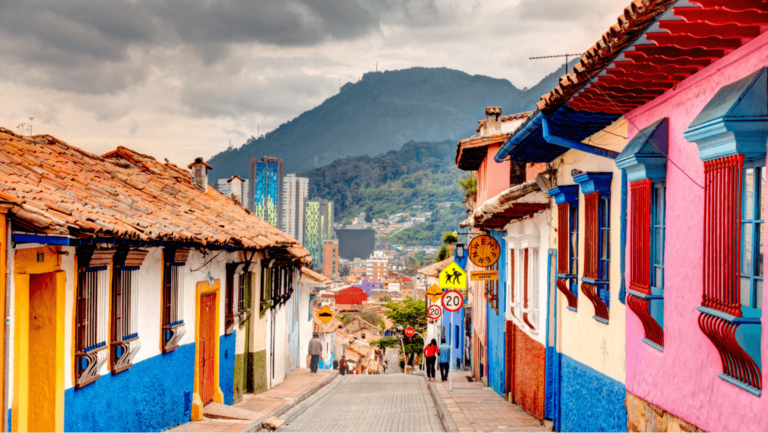Typical Questions About Europe
As someone who is based in the UK I often get asked, or see questions on travel sites, asking for advice about travelling to Europe. Typical questions include;
‘What clothes should I pack?’
‘Is Europe really busy at this time of year?’
‘Do you know my friend in Poland?’
‘Where can I buy nice clothes?’
‘Is it expensive?’
‘Where are good places to eat?’
I also see a lot of comments too;
‘I liked / didn’t like Europe, it all looked the same’
‘If you know one language, you can work out the rest.’
‘It will definitely be cold there take lots of jumpers’

Five Things To Know Before You Visit
It’s time to acknowledge and celebrate the diversity of Europe. Too often, Europe is spoken about as if it’s a single country, erasing the unique cultures, traditions, and languages of each individual nation. We must recognize and appreciate the differences between these countries, rather than treating them as if they’re all the same. Similarly, when people talk about Africa as if it’s a single country, they ignore the many rich and varied cultures that make up the continent. It’s time to have a more nuanced understanding of Europe, one that recognises and values the incredible diversity that exists within the continent.
The Diversity Of Europe
There are fifty countries in Europe. If you didn’t like four, had an amazing experience in ten, try the other thirty-six. Every country has its own customs, rules and regulations. Some are similar, however many are not. Different cultures, rules, food, customs and traditions make each country beautifully unique. A singular experience in one country is not representative of Europe as a whole.

The European Union
The European Union is a central governing body that twenty-eight European countries are signed up to. When the United Kingdom leaves, they will be leaving the Union, not Europe itself.
The Currency In Europe
Nineteen countries of the European Union have the Euro as their official currency. That leaves thirty-one within Europe that don’t. The rest have their own currencies and will highly likely not accept Euros. With such a wide range of currencies this also means the exchange rate outside of the Euro will vary from country to country.

The Weather In Europe
Temperatures in Europe have been known to range between -55C* right up to 48C*. If you are planning on visiting and want to know what weather to expect, research the countries you are visiting and the time of year. In this case no one-size fits all.
The Languages In Europe
There are twenty-three different official languages in Europe and a further sixty indigenous languages. A total of eighty-three languages! Not everyone speaks English. You will have a much easier time visiting a country whose native language is something other than English if you learn some simple greetings before your arrival. For example, ‘hello’, ‘goodbye’, ‘thank you’ and ‘please’. Furthermore, in almost every case (in fact in my experience this also applies to outside of Europe) if you learn these few words, even if someone only speaks their native tongue, they will be more than happy to help you. It makes for a much more pleasant experience for everyone. Ultimately, don’t be put off if someone replies to you in English, they are either using the opportunity to practise their own language skills, or, they are trying to make it easier for you.

And if you’re ready go to Europe, one more thing…
If for example we live in the south of France, we probably don’t know your friend Bob in Finland! 😊😊
If you want to know more you can read about my own road trip to six of these countries.
Happy Travels!








